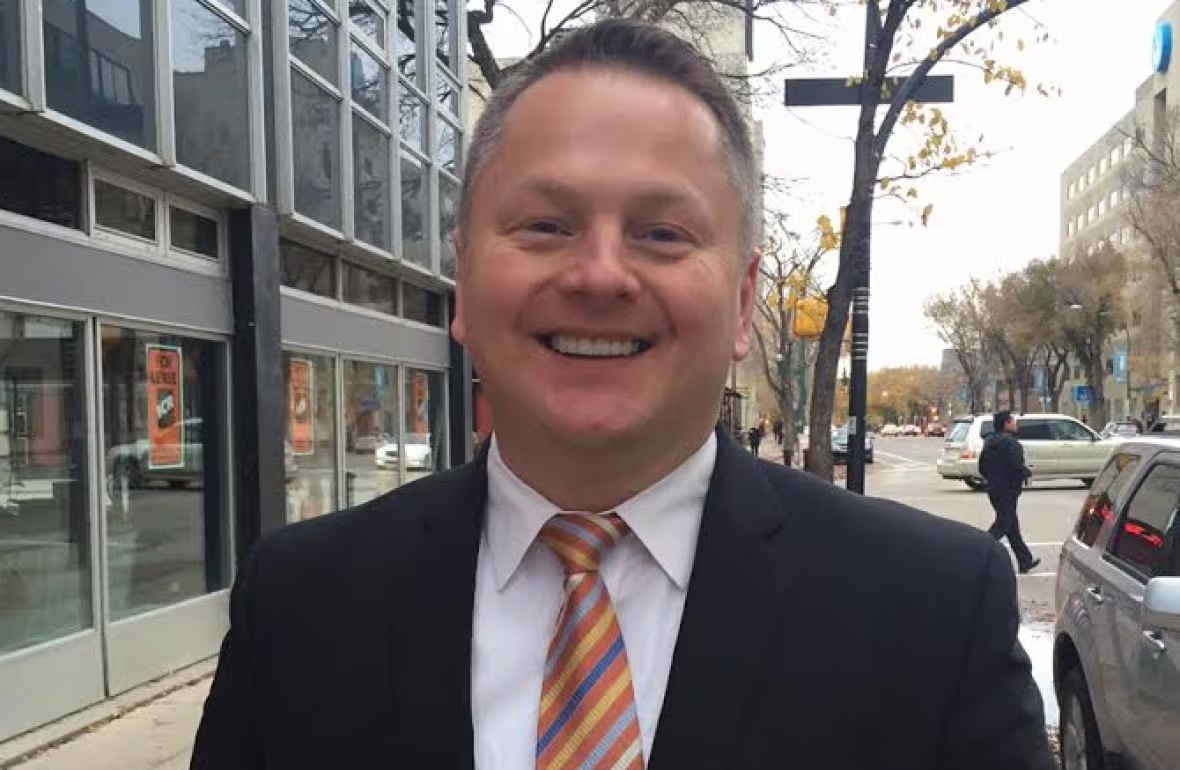Saskatoon sees more intoxicated people placed in police cells
Fewer police referrals being checked into Lighthouse Stabilization Unit
The number of people arrested for public intoxication and placed in a Saskatoon police holding cell is increasing for the first time in four years, according to a new report.
The latest Action Accord Statistical Review shows the Saskatoon Police Service arrested and put 1,814 intoxicated people in a cell last year.
That's up from 1,578 cases in 2015, reversing a three-year declining trend from 2012 to 2015.
Fewer intoxicated people who were referred by police to the Lighthouse Stabilization Unit actually made it into the centre in the last two years, the report also shows.

'Funding issues' at Lighthouse cited
Launched in 2013 and housed within the larger Lighthouse Supported Living facility in downtown Saskatoon, the 38-bed stabilization unit provides shelter for homeless people who are under the influence but don't need medical attention.
Overall usage, including self-check-ins, has increased every year since its opening, to a high of 7,932 people in 2016.
But funding issues have plagued the facility in recent years.
The provincial government's funding mechanism for the Lighthouse underwent some changes in early 2016. That prompted the Lighthouse to cut its daytime emergency shelter service, limiting operating hours to 4 p.m. to 8 a.m.
"I think you can directly connect the correlation between that reduction in funding for programs to the increase of intoxicated people in Saskatoon police service cells," said Darren Hill, a member of the Board of Police Commissioners and city councillor for Ward 1.

But the statistics review, while acknowledging the "funding issues" leading to the reduced hours, says the Lighthouse's role began to decline even before then.
"During 2015, a number of individuals who had used the Lighthouse Stabilization services previously could no longer do so due to prior behaviours," the report states.
'Too full, too early in the day'
Hill says a cell is the last place an intoxicated person should be.
"They need to be someplace where they have the proper monitoring as well as the proper programs, assessments and counselling to be able to address those addictions. That's not a holding cell," he said.
But an overwhelmed system accounted for why fewer police referrals made it to the Saskatoon Health Region's 12-bed Brief Detoxification Unit in the last two years, according to the report.
At the BDU, patients undergo 12-hour monitoring from an emergency medical technician and are offered addiction counselling.
"The BDU has been 'too full, too early in the day' to allow the Saskatoon Police Service to use the facility as an alternative to police service cells as often as they would like," according to the report.
"Although access to the BDU improved for the Police Service when The Lighthouse came on stream in 2013, its availability for SPS referrals began to decline to previous levels during 2015 and 2016."
Stats under review Wednesday
The Board of Police Commissioners will discuss the report on Wednesday.
"I imagine there will be some course of action, a conversation, from our board chair to the minister of social services, Tina Beaudry-Mellor, to make sure she aware of what's been identified in that report," said Hill.
"Because I think those stats are going to be important to her."
The overall proportion of people housed at the Lighthouse (as opposed to a cell or the Brief Detoxification Unit) decreased in the last year to 13 per cent from 20 per cent.
But the report from the accord says that may be partly due to the introduction in 2013 of the Community Support Program, which is meant to prevent someone from being arrested for intoxication in the first place.
The accord's five members are the Saskatoon Police Service, the Saskatoon Board of Police Commissioners, Saskatoon Tribal Council, the Federation of Sovereign Indigenous Nations and the Saskatoon Health Region.

